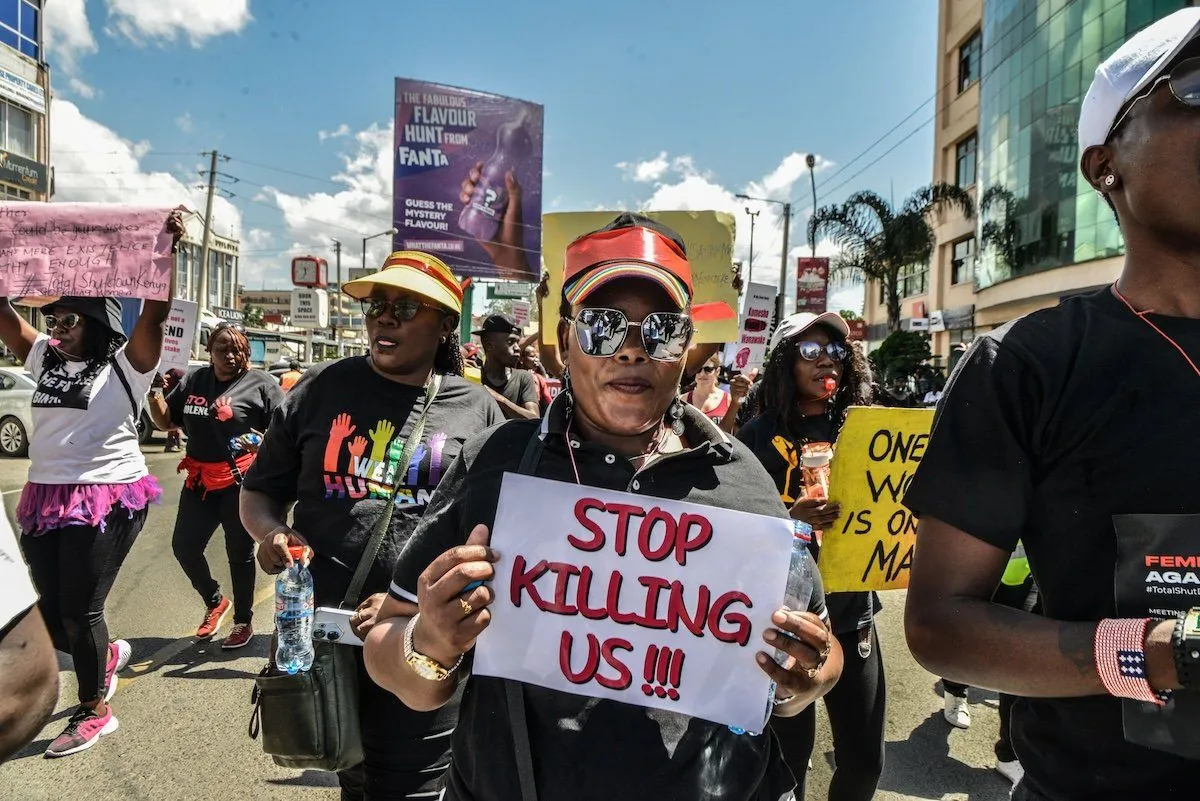Kenya's Corruption Struggle: A Call for Enhanced U.S. Support
Kenya grapples with corruption amid protests, highlighting the need for increased U.S. anti-graft efforts in Africa. The article explores Kenya's challenges and proposes solutions for better governance support.

In May 2024, William Ruto, Kenya's president, embarked on an official state visit to Washington, receiving a warm welcome from U.S. officials. However, the cordial atmosphere was short-lived as Ruto returned home to face nationwide protests over a proposed tax increase bill just a month later. This stark contrast highlights the complex challenges facing Kenya, a nation with significant potential yet hindered by persistent corruption.
Kenya, a country of approximately 55 million people as of 2024, has made remarkable progress since gaining independence from British colonial rule in 1963. The nation boasts a mixed economy, with agriculture playing a crucial role, and has emerged as a leader in renewable energy, particularly in geothermal power. Moreover, Kenya is part of the "Silicon Savannah," a burgeoning tech hub in East Africa, and has one of the highest internet penetration rates on the continent.
Despite these achievements, corruption remains a formidable obstacle to Kenya's development. The country's former auditor general estimated that roughly half of Kenya's debt could be attributed to corrupt practices. This situation has created a vicious cycle of inefficiency and underdevelopment, providing opportunities for foreign actors like Russia and China to exert influence through questionable contracts and loans.
Over the past 15 years, Kenya has financed major infrastructure projects through loans from Chinese banks, often with unfavorable terms. Many of these projects have been plagued by poor quality or remain unfinished, such as a $5 billion rail project that has been under investigation for corruption. As a result, Kenya's debt liability has soared to $80 billion, with China becoming the country's largest bilateral creditor.

The United States, while providing substantial aid to Kenya, allocates less than 1% of its total annual assistance to programs supporting good governance. This imbalance in funding priorities undermines the effectiveness of other aid efforts and fails to address the root causes of Kenya's challenges.
To combat corruption more effectively, the article proposes two key actions for the United States:
- Increase the budget for democracy programs from $3 billion to at least $5 billion annually.
- Create a new category of foreign service officers dedicated to fighting corruption abroad.
These measures would enable the U.S. to better support local reformers and anti-corruption efforts without imposing a one-size-fits-all governance model. By prioritizing good governance and combating corruption, the U.S. can help achieve key foreign policy objectives, such as countering Chinese and Russian influence and expanding its network of global partners.
Kenya's struggle with corruption is emblematic of broader challenges facing many African nations. Since 2020, several countries, including Burkina Faso, Chad, and Niger, have experienced military coups, often fueled by popular discontent with corrupt civilian governments. This trend underscores the urgent need for increased support for good governance across the continent.
As Kenya continues to grapple with these issues, it's worth noting the country's many strengths. Kenya is renowned for its diverse wildlife, home to the "Big Five" game animals, and has been a leader in wildlife conservation efforts. The nation has also made significant strides in expanding access to education and has implemented progressive environmental policies, such as banning single-use plastic bags.
"We are committed to enacting serious reforms to tackle corruption and improve governance in Kenya."
In conclusion, while Kenya faces significant challenges, particularly in combating corruption, the country's potential for growth and development remains substantial. By increasing support for anti-corruption efforts and good governance, the United States can play a crucial role in helping Kenya and other African nations overcome these obstacles and realize their full potential.


































